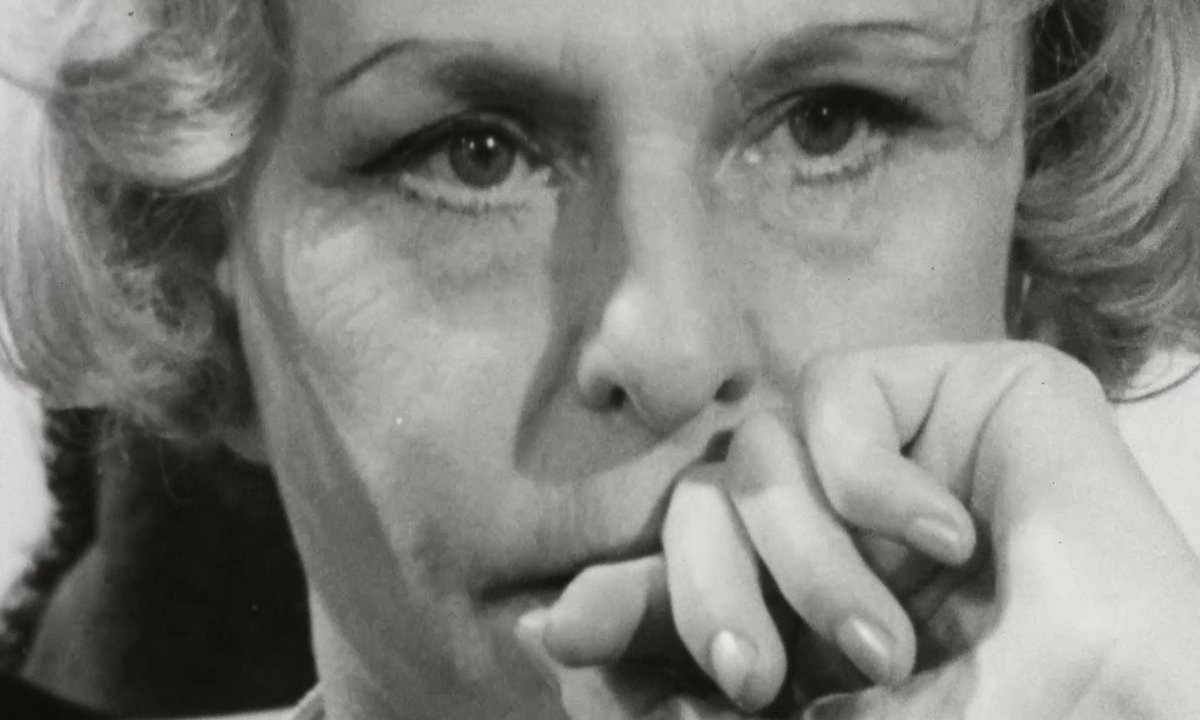
"Leni Riefenstahl is the film-maker you love to hate. A German actress and film director celebrated in the first half of the 20th century, she helped revolutionise the art of cinema in two documentaries, Triumph of the Will (1935) and Olympia (1938). In them she created exhilarating sequences shot from ascending elevators and edited together a series of high dives making athletes appear to float in midair."
"Since then, much has been written and disputed about Riefenstahl, who was born Helene Bertha Amalie in Berlin in 1902. In her late life she would enjoy occasional returns to favour; her films have been studied in university classrooms and she was honoured at the first Telluride Film Festival in 1974. Now, the new documentary Riefenstahl is being released in the US and promises a look into the personal archive she left behind after her death in 2003."
""This is what Leni Riefenstahl stands for-to put propaganda for fascist ideology in a way that people were seduced," says Sandra Maischberger, a veteran journalist and television host, who produced Riefenstahl. "Looking at Leni Riefenstahl is always looking at ourselves.""
Leni Riefenstahl revolutionized cinematic techniques in two landmark documentaries, Triumph of the Will (1935) and Olympia (1938), employing inventive camera movements and editing to create striking visual effects. The films glorified Adolf Hitler and the Third Reich and served as propaganda for a genocidal regime, resulting in postwar condemnation and professional ostracism. Occasional later rehabilitation occurred through academic study and festival honors. A recent documentary examines her personal archive and drafts, revealing editorial changes in her autobiography and underscoring the seductive power and ethical consequences of her visual style.
Read at The Art Newspaper - International art news and events
Unable to calculate read time
Collection
[
|
...
]